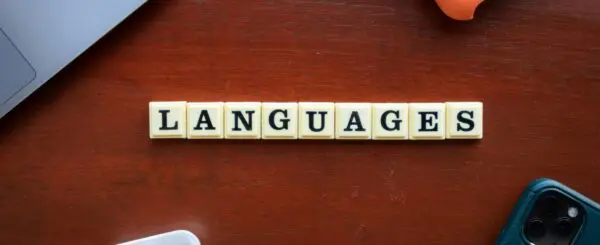
Prague, Czechia
From Conflict to Consensus: Negotiation Skills for Business and Politics
When:
03 August - 14 August 2026
Credits:
5 EC
Read more
Communication, Media and Journalism
When:
12 August - 16 August 2019
School:
Institution:
Maastricht University
City:
Country:
Language:
English
Credits:
2 EC
Fee:
600 EUR

The strong growth of social media, the election of Donald Trump as President of the United States and the widespread accusations against particular states of spreading lies have significantly raised our awareness of fake news. This course teaches you the skills to better manage fake news in your daily, twenty-first century life. What is fake news, and how do we set the boundary between what is ‘fake’ and ‘fact’? Why is fake news a problem in all societies and all periods? How can framing analysis help you to better deal with the abundance of (fake) information flows? You address these questions by completing a group assignment in which you analyze a few (historical) texts and/or images. Interactive lectures and roundtable discussions help you prepare for these assignments. These lectures provide you with classic examples of fake information from politicians, PR agencies and the military, among others. They further help you understand how fake news relates to propaganda, bias and (inter)subjectivity. Drawing extensively on sources in the English, French and German languages, the course prepares students for the challenges that the enormous variety in information quality pose.
L.A.S. van Efferink
▪ Strong motivation and good command of English are essential to get a pass for the course;
▪ Basic knowledge of (geo)political ideas and/or trends is recommended;
▪ Aimed at all Bachelor/ Master/ PhD students. If in doubt, please contact Leonhardt for personal course selection advice.
▪ Becoming aware of the long history of fake news and the sometimes unclear boundary between ‘fake’ and ‘fact’.
▪ Understanding the difference between fake news on the one hand and propaganda, bias and frames on the other hand.
▪ Developing your critical thinking skills further to better identify examples of fake news in your daily information flow.
▪ Using tools to help you assess more consistently the quality of particular news items and more generally your news sources.
▪ Seeing fake news as part of a (inter)national contest among politicians, business, PR agencies, media, the military and intelligence services over what is considered real and normal (framing).
Fee
600 EUR, This 1-week course costs €600,-.
When:
12 August - 16 August 2019
School:
Institution:
Maastricht University
Language:
English
Credits:
2 EC

Prague, Czechia
When:
03 August - 14 August 2026
Credits:
5 EC
Read more

Aarhus, Denmark
When:
27 July - 14 July 2026
Credits:
10 EC
Read more

Barcelona, Spain
When:
29 June - 24 July 2026
Credits:
6 EC
Read more